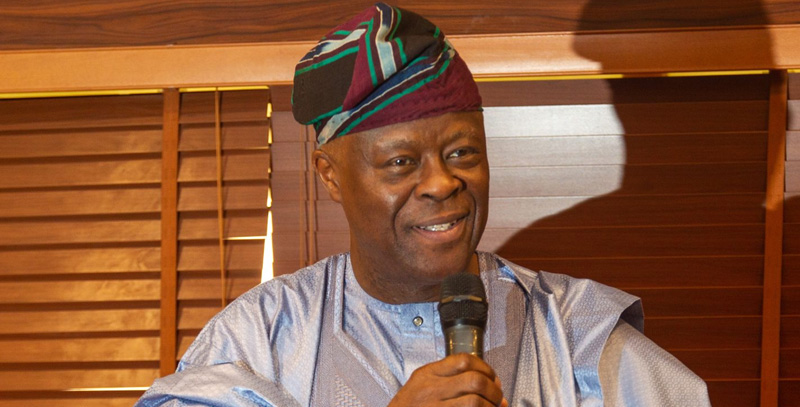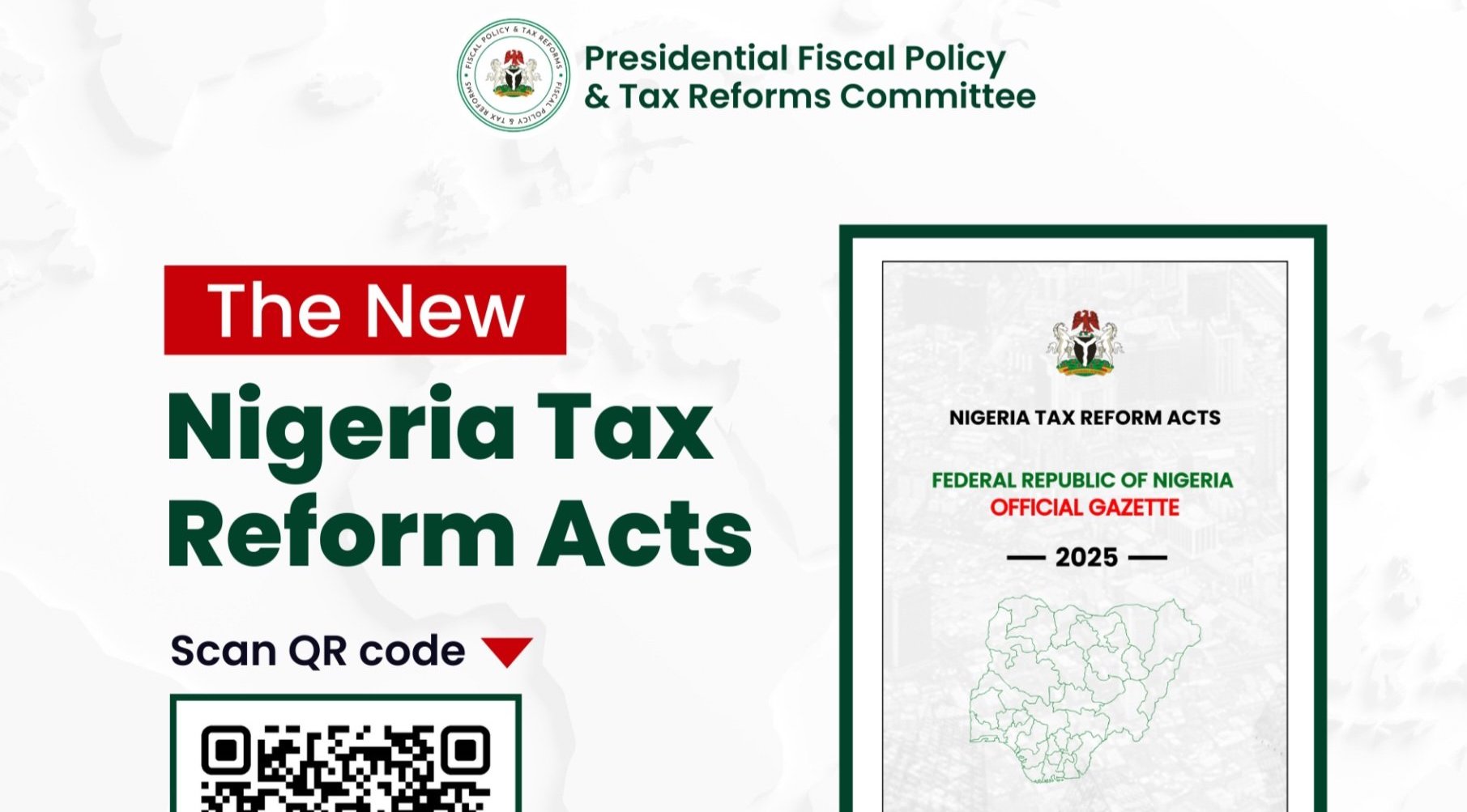Kayode Tokede
Financial data released by the Central Bank of Nigeria (CBN), has revealed that deposit money banks and merchant banks in the country borrowed a whooping N18.04 trillion from the CBN in the month of October 2024.
The N18.09 trillion represents 31,565 per cent increase over N57.14 billion borrowed in the same period in October 2023.
As a result of liquidity challenges in the financial sector, an investigation by THISDAY revealed that banks and merchant banks in 10 months of 2024 have borrowed a staggering N104.61 trillion from CBN, up by 532.1 per cent from N16.55 trillion borrowed in 10 months of 2023.
The reported N18.09 trillion banks and merchant banks is the second highest amount accessed from the CBN this year when compared to N21.74 trillion borrowed in March 2024.
The Nigerian financial sector is faced with several liquidity challenges that impact banks businesses, and the broader economy. The liquidity issues often stem from structural economic challenges, policy decisions, regulatory constraints, and global market influences.
Analysts have highlighted high borrowing costs and interest rates, foreign exchange shortages, credit constraints and Non-Performing Loans (NPLs), regulatory restrictions and Cash Reserve Requirements (CRR), currency volatility and inflation rate, among others are key challenges contributing to liquidity crunch in the financial sector in Nigeria.
Banks and merchant banks borrow from the apex bank using Standing Lending Facility (SLF), a line of short-term credit available to draw on when they need to meet immediate short-term withdrawals from their customers.
When Monetary Policy Rate (MPR) was at 26.75 per cent, banks and merchant banks were borrowing from the CBN at 31.75 per cent as the asymmetric corridor around the MPR at +500/-100 basis points.
However, the Monetary Policy Committee (MPC) of the CBN towards the end of September 2024, voted to hike MPR to 27.25 per cent, making it an all-time high.
So far in 2024, the MPC members have voted to increase interest rate from 18.75 per cent to 27.25 per cent amid its mandate to tackle inflation rate and unstable Naira at the foreign exchange market.
Since the MPR was increased to 27.25 per cent, banks and merchant banks now borrow at 32.25 per cent as the asymmetric corridor around the MPR at +500/-100 basis points.
The latest circular signed by the Director of the Financial Markets Department, CBN, Dr. Omolara Duke allowed banks to borrow at a rate of 31.75 per cent when the MPR was at 26.75per cent.
Banks can access the SLF through the Scripless Securities Settlement System (S4) within the specified operating hours of 5:00 pm to 6:30 pm. Additionally, authorised dealers are permitted to access the Intraday Lending Facility (ILF) at no cost, provided it is repaid on the same day.
The CBN said: “The MPC adjusted the upper corridor of the standing facilities to 5.00 per cent from 1.00 percent around the MPR, at its 296th meeting.
“Consequently, the suspension of the Standing Lending Facility (SLF) is hereby lifted and Authorised Dealers should send their request for SLF through the Scripless Securities Settlement System (S4) within the operating hours of 5.00pm to 6.30pm.
“To this end, Authorised Dealers are permitted to access the SLF at 31.75 per cent; Permitted to access Intraday Lending Facility (ILF) to avoid system gridlock at no cost if repaid the same day;
“The five per cent penalty (as stated in the S4 business rules) is retained, for participants that do not settle their ILF, which the system will convert to SLF at 36.75 per cent;
“Collateral execution (the rediscounting of instruments pledged by participants at the penal rate by CBN) is reintroduced as stipulated in the approved repo guidelines. “The circular takes immediate effect.”
Analysts have hinted that the increasing MPR has forced banks to sustain borrowing from CBN.
Speaking with THISDAY, on significant increase in bank and merchant banks borrowing from CBN, Vice President Highcap Securities, Mr. David Adnori, stated, “The development points to lack of liquidity on the part of banks.
“Monetary policy has been tightening and this has led to low liquidity. It is cheaper for banks to borrow from the CBN. This development is not positive but negative.”
He sadded, “We cannot continue to tighten because it will not reflect on economic growth.I submit that as far as taming the current elevated inflation in Nigeria is concerned in view of its major non-monetary drivers, the fiscal side holds the ace.”
However, banks and merchant banks can also deposit free cash with the CBN via the Standing Deposit Facility (SDF).
Nigerian banks and merchant banks deposit with CBN closed October 2024 at N3.05 trillion, about 3.4per cent increase from N2.95 trillion reported in October 2023.
The CBN had introduced a new interest rate structure that allows financial institutions to earn between 19 per cent and 25.75 per cent on deposits held with the apex bank.
The latest circular noted that commercial and merchant banks will now earn up to 25.75 per cent on deposits up to N3 billion. Deposits exceeding N3 billion will attract a lower rate of 19 per cent.
Similarly, Payment Service Banks (PSBs) would receive 25.75 per cent interest on deposits up to N1.5 billion, while deposits above this threshold will also earn 19 per cent.
Adnori attributed the hike in SDF rate to CBN’s moves to mop-up excess liquidity in the financial sector amid tackling inflation rate.
Also, analysts at Afrinvest Research had stated that MPC’s tinkering of the asymmetric corridor to further tighten liquidity conditions should exert pressure on funding cost for banks, both directly (as lenders tap the window) and indirectly (repricing of rates across money market).
According to Afrinvest, “Note the particular importance of the SLF as a support for banks amid liquidity crunch induced by contractionary interest rate policy.
“Elsewhere, businesses might continue to strain under the weight of elevated borrowing costs — a necessary evil to starve decades-high inflation. That said, we are of the view that MPR as a tool has its limitations in addressing structural issues, like insecurity and weak availability of infrastructure to support productivity, amongst other things.
“We note that fiscal policy reforms are necessary to fix some of these issues and the monetary policy side can only do so much.
“Therefore, we assert that continued rate hike without complementary and decisive fiscal efforts might only increase the burden on businesses without much effect on inflation. Nonetheless, the decision to decelerate the pace of tightening indicates awareness of these underlying complexities.”







